About the Project
Web-based instruction, also called online learning or e-learning, has become one of the most useful and flexible education and training media recently. Action learning/blended learning are proven, effective staff development process in the face-to-face learning but they are only recently being explored as an e-learning instructional methodology.
Massive Open Online Courses or MOOCs, as an alternative educational medium, have been one of the most appealing subjects in the field of online/digital education. MOOCs provide large-scale and free participation in higher education, available to a broad range of audiences from different parts of the world.
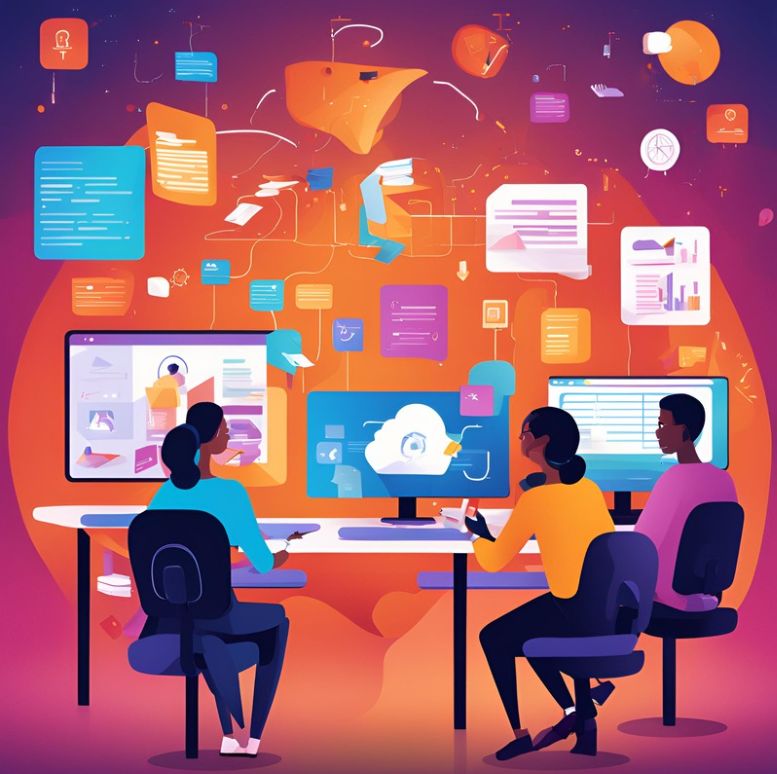 |
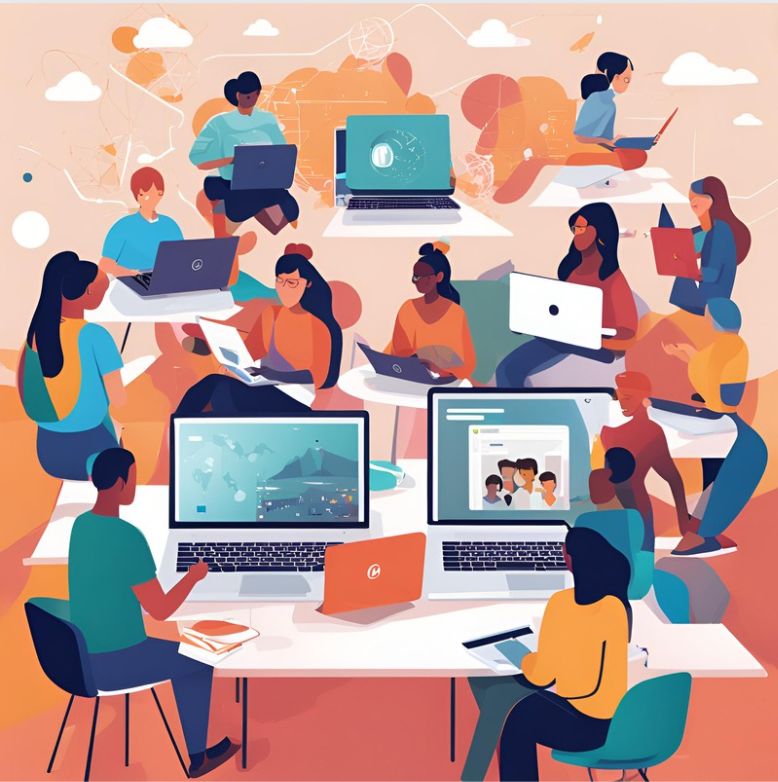 |
|---|
Today, the most necessary 21st century skills and knowledge include the content of infrastructure, connectivity and digital equipment; effective digital capacity planning and development, including up-to-date organisational capabilities; digitally competent and confident teachers and education and training staff; high-quality learning content, user-friendly tools and secure platforms which respect privacy and ethical standards; digital skills and competences such as digital literacy, including fighting disinformation; computing education; and good knowledge and understanding of data-intensive technologies, like artificial intelligence.
The LEARN & EXCHANCE project aims not only to improve the digital skills and capabilities of learners (national and international) but also to create and share standardized international online courses to provide exchange opportunities in virtual learning environments.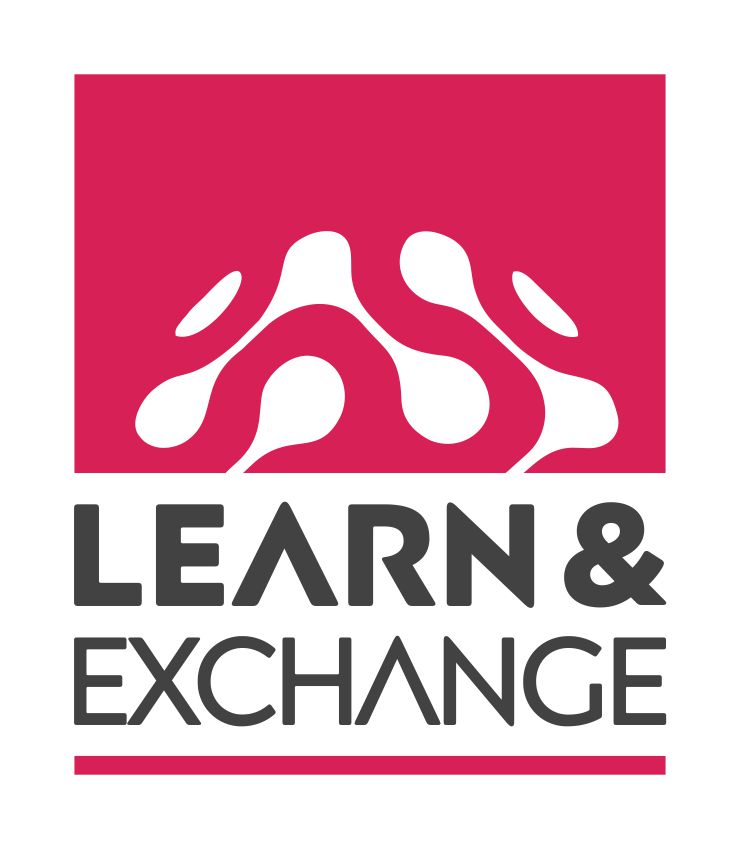
Within this framework, the project has aimed to develop a MOOC system specialising in digital transformation knowledge and skills answering the needs not only for more accessible digital education provision, but also for enhancing the action learning approach in an online environment.
The project partners have published and shared their content via this MOOCs system.
In this way, a reliable, internationally qualified platform for learners can be supplied all over the world related to “Data Management and Visualization”, “Digital Literacy”, “Digitisation of Cultural Heritage”, “Information Organization and Access”, “News Literacy: Spotting and Fighting with Disinformation” and “User Experience Design”.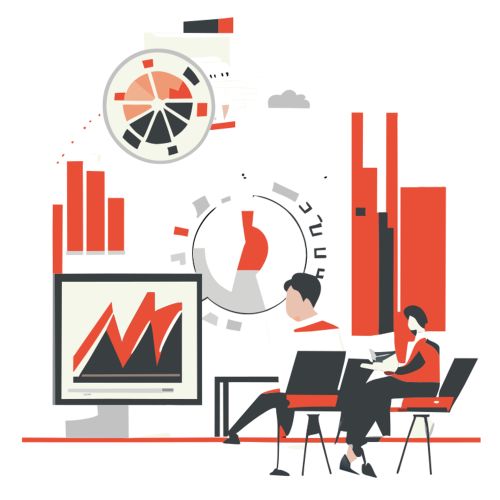 |
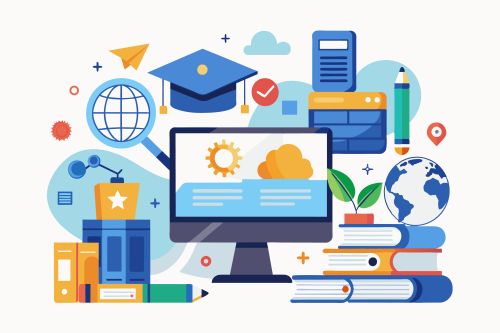 |
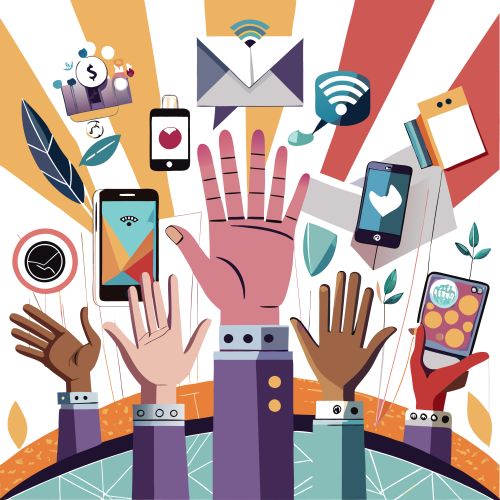 |
|---|---|---|
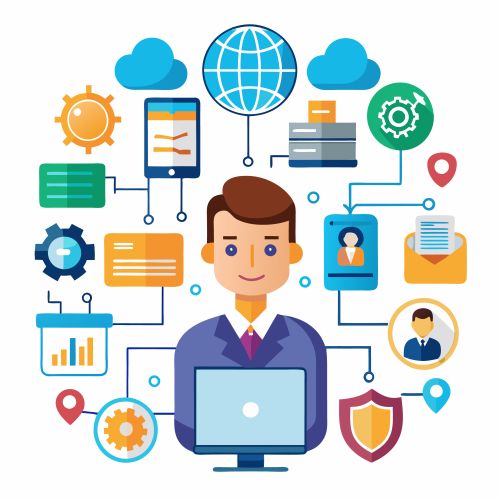 |
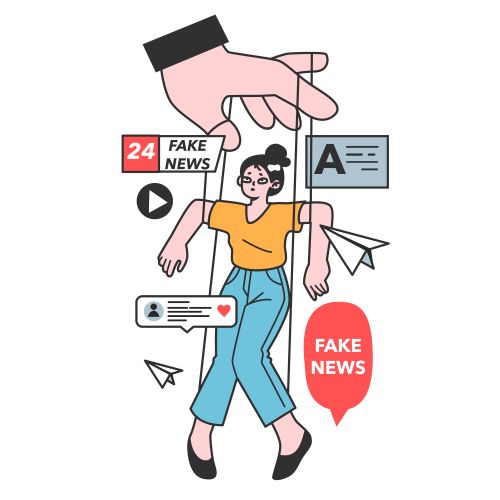 |
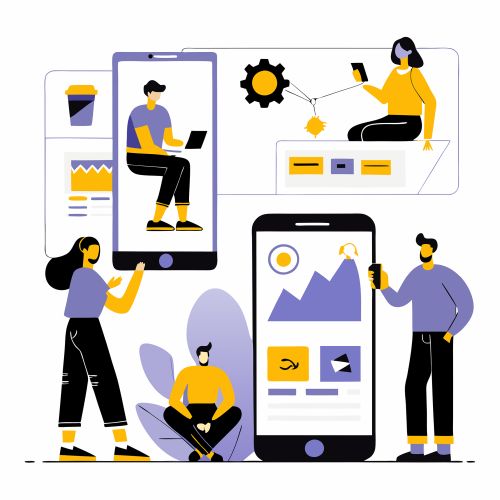 |
It has also been planned to produce language packs created within different languages (English, Turkish, French, Italian, Bulgarian, Estonian, and Hungarian) filling a substantial gap in provision of specialised educational content in languages other than English.
The project answers three current needs;
- the need for more free specialised content in the domain of digital transformation which is relatively new and is not very well supported by the existing educational provision;
- the need to provide such content in different languages which in some cases totally lack any available digital education resources on digital transformation (Bulgarian, Estonian, French, Hungarian, Italian and Turkish);
- the need to experiment and introduce more action-based learning practices in the online education and share experiences with the educational community.
Objectives
The main objective of the LEARN & EXCHANCE project is to plan, develop, deliver, validate and start using in the educational practice a novel set of MOOCs in the domain of digital transformation with a focus on the needs of information skills.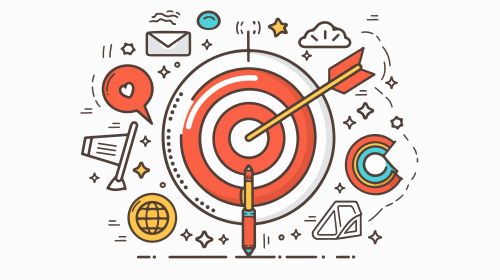
This main objective is supported by the following complementary objectives:
- to synthesize the guiding principles for designing MOOCs which support action learning;
- to develop an innovative and scalable online learning platform;
- to design MOOCs on digital skills and capabilities offering a coherent set of courses in the domain of digital transformation, including an introductory course on digital transformation and information sectors, and courses on “data management and visualization”; “digital literacy”; “digitisation of cultural heritage”; “information organization and access”, “news literacy: spotting and fighting with disinformation”, and “user experience design”;
- to create and share standardized international online courses to provide exchange opportunities in virtual learning environments; the courses will be developed in seven languages (English, Turkish, French, Italian, Bulgarian, Estonian, and Hungarian);
- to ensure personalized learning experiences with suitable tools with an emphasis on action learning;
- to ensure intelligent, learner-centric analytics to help instructors understand how learners engage with course materials;
- to implement a mechanism for verifying learning outcomes and generate secure certificates issued after identity verification;
- to create assessments using templates with features such as hinting, problem banks, automatic question generation, open-ended assessments, and code testers;
- to provide learners with pathways to improving their digital skills and capabilities;
- to encourage engagement by the use of a range of technological tools;
- to disseminate the outputs and the outcomes of the project;
- to connect with networks which would help to scale up the use of the new MOOCs;
- to create a community of practice taking this partnership to a higher-level ensuring sustainability;
- to enhance the possibilities of virtual and blended Erasmus mobilities;
- to contribute to establishing a European Education Area as well as strengthen the link between education and research;
- to foster the critical thinking skills of learners who is information professionals of the future.
Implementation
LEARN & EXCHANCE has shaped its implementation activities are as follows: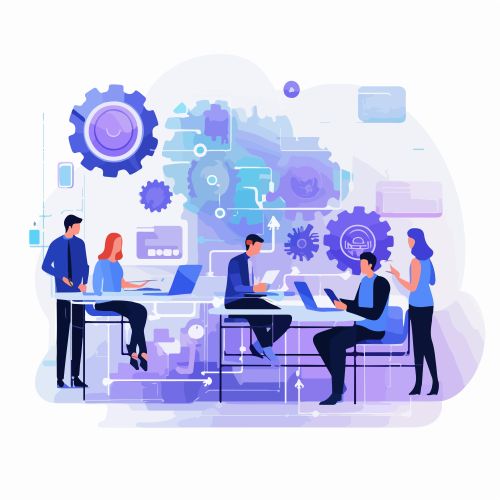
Preparation activities
- Research by each partner that has confirmed needs, identified best practice and case studies, content and technical options related to digital transformation in general and the areas of focus (data management and visualization, digital literacy, digitisation of cultural heritage, information organization and access, news literacy: spotting and fighting with disinformation, and user experience design) in particular.
- Preparation of the content in various languages (English, Turkish, French, Italian, Bulgarian, Estonian, and Hungarian).
Implementation and experimentation activities
- Development of resources including a learning platform, learning materials, practical manual, best practice book and documented presentations.
- Piloting and demonstrating learning resources including building prototype apps.
Communication and licensing activities
- Defining the intellectual rights and the regime for providing the newly developed content as open educational resources.
- Sharing, promoting and dissemination activities that include a comprehensive database, working with institutions, conferences, creating social media and publications.
- Delivering 3 transnational project meetings, 2 short-term joint staff training events, 6 regional sharing, promotion and dissemination events, and international conference to present the project and demonstration.
Results
The results of the project have been as follows:
Participants could gain access to state-of-the-art information, plan their own learning processes and use digital tools effectively and efficiently. Also, during the project, it has been expected to develop awareness of participants in terms of world citizenship by networking with colleagues from different cultures.
Common effect
- The project has provided additional opportunities for the transfer of knowledge to end-users by encouraging the learners to learn, discover and use new media and the contents.
- The learners have been equipped with new digital content in different languages built on the action learning principles.
Direct impact
- New learning materials and methodologies have been developed using user friendly application interfaces.
- The awareness of the potential of new media technologies and contents in learning environments.
- The gained knowledge and skills could be transferred to other sectors.
- Teaching how to develop and improve MOOCs,
- Developing digital skills and capabilities by communicating with the citizens of partner countries,
- Learning materials could be stored and accessed via readily available cloud computing applications.
Longer Term Benefits
- Learning materials have been accessible ‘on the move’ making it a perfect vehicle for digital technologies and literacy.
- The learning experience has been enhanced and extended beyond the actual visit; reference material could be accessed at any time.
- Social inclusion has been enhanced and achieved by making learning easily accessible without the formal barriers that could be in place when accessing knowledge. This has been further extended by the decentralized and collaborative nature of social networks.
- Outputs have been transferable to other learning sectors.
- Developed system/portal and MOOCs have contributed to establishing Erasmus Without Paper (EWP) structure, supporting European Education Area and a foreground to an integrated international cooperation strongly. The established community of practice has continued improving and enhancing the educational provision online in the domain of digital transformation.



